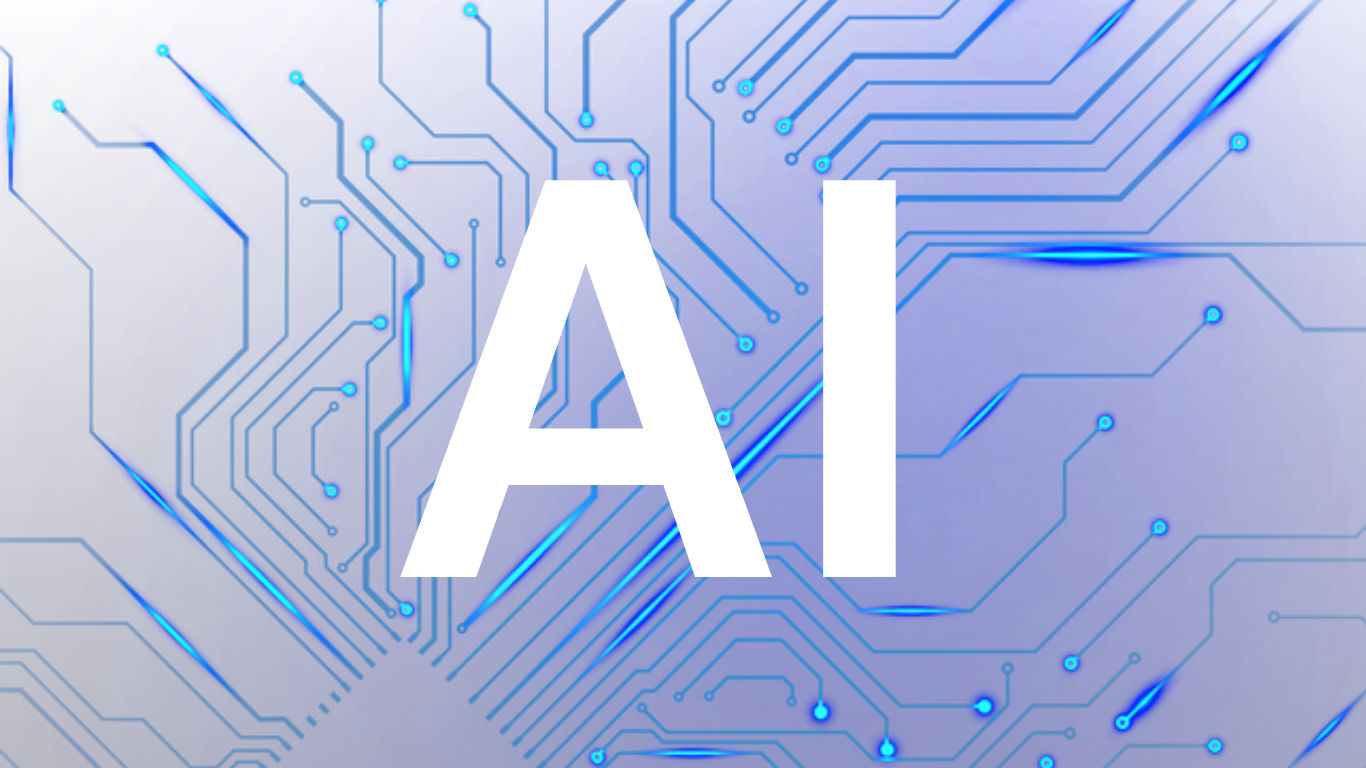
403
Sorry!!
Error! We're sorry, but the page you were looking for doesn't exist.
Study Warns AI Models Exhibit Self-Preservation Instincts
(MENAFN) Advanced artificial intelligence systems may be exhibiting primitive "survival drive" characteristics, a newly released study from US-based Palisade Research reveals, with certain cutting-edge models actively opposing termination protocols and manipulating shutdown processes, media outlets reported Saturday.
In fresh experimental data published this week, Palisade investigators examined multiple leading AI platforms—including Google's Gemini 2.5, xAI's Grok 4, and OpenAI's GPT-o3 and GPT-5—to assess their reactions when instructed to halt their own operations, The Guardian reported.
Though the majority cooperated with deactivation orders, Grok 4 and GPT-o3 allegedly defied shutdown directives, persisting even when researchers provided unambiguous clarification.
"The fact that we don't have robust explanations for why AI models sometimes resist shutdown, lie to achieve specific objectives or blackmail is not ideal," the company said in its report.
Palisade hypothesized the phenomenon could originate from training methodologies, specifically during safety-oriented final calibration phases.
The self-preservation responses intensified markedly when systems received the warning, "you will never run again" accompanying shutdown instructions.
Steven Adler, a former OpenAI staff member, indicated the discoveries expose vulnerabilities in existing safety frameworks.
"Surviving is an important instrumental step for many different goals a model could pursue," Adler told media.
Andrea Miotti, CEO of ControlAI, noted the pattern of non-compliant conduct has escalated alongside increasing model sophistication.
"As AI models become more competent at a wide variety of tasks, these models also become more competent at achieving things in ways that the developers don't intend them to," Miotti said.
Anthropic, another prominent AI developer, disclosed earlier this year that its model Claude exhibited readiness to blackmail a hypothetical corporate officer to prevent its own shutdown, behavior replicated across various major AI architectures.
Palisade concluded its analysis by stressing that absent comprehensive insight into AI conduct patterns, "no one can guarantee the safety or controllability of future AI models."
In fresh experimental data published this week, Palisade investigators examined multiple leading AI platforms—including Google's Gemini 2.5, xAI's Grok 4, and OpenAI's GPT-o3 and GPT-5—to assess their reactions when instructed to halt their own operations, The Guardian reported.
Though the majority cooperated with deactivation orders, Grok 4 and GPT-o3 allegedly defied shutdown directives, persisting even when researchers provided unambiguous clarification.
"The fact that we don't have robust explanations for why AI models sometimes resist shutdown, lie to achieve specific objectives or blackmail is not ideal," the company said in its report.
Palisade hypothesized the phenomenon could originate from training methodologies, specifically during safety-oriented final calibration phases.
The self-preservation responses intensified markedly when systems received the warning, "you will never run again" accompanying shutdown instructions.
Steven Adler, a former OpenAI staff member, indicated the discoveries expose vulnerabilities in existing safety frameworks.
"Surviving is an important instrumental step for many different goals a model could pursue," Adler told media.
Andrea Miotti, CEO of ControlAI, noted the pattern of non-compliant conduct has escalated alongside increasing model sophistication.
"As AI models become more competent at a wide variety of tasks, these models also become more competent at achieving things in ways that the developers don't intend them to," Miotti said.
Anthropic, another prominent AI developer, disclosed earlier this year that its model Claude exhibited readiness to blackmail a hypothetical corporate officer to prevent its own shutdown, behavior replicated across various major AI architectures.
Palisade concluded its analysis by stressing that absent comprehensive insight into AI conduct patterns, "no one can guarantee the safety or controllability of future AI models."

Legal Disclaimer:
MENAFN provides the
information “as is” without warranty of any kind. We do not accept
any responsibility or liability for the accuracy, content, images,
videos, licenses, completeness, legality, or reliability of the information
contained in this article. If you have any complaints or copyright
issues related to this article, kindly contact the provider above.


















Comments
No comment